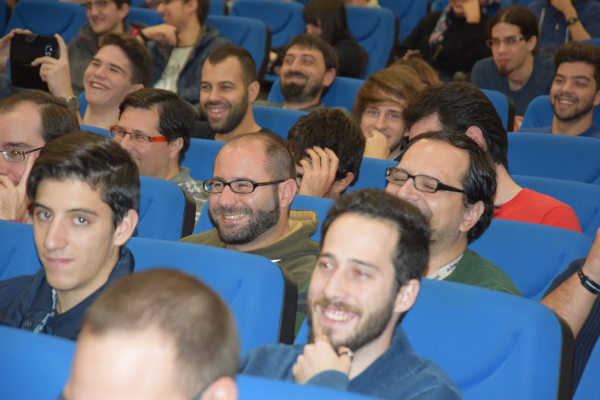Friday New Resolve Free Software Directory IRC meetup: January 6th starting at 12 p.m. EST/17:00 UTC
jeudi 5 janvier 2017 à 21:04Participate in supporting the FSD by adding new entries and updating existing ones. We will be on IRC in the #fsf channel on irc.freenode.org.
Tens of thousands of people visit directory.fsf.org each month to discover free software. Each entry in the FSD contains a wealth of useful information, from basic category and descriptions, to providing detailed info about version control, IRC channels, documentation, and licensing info that has been carefully checked by FSF staff and trained volunteers.
While the FSD has been and continues to be a great resource to the world over the past decade, it has the potential of being a resource of even greater value. But it needs your help!
This week's theme is focusing on adding new packages to the FSD. With a new year, it's time to add some new packages. While the FSD already lists over 15,000 packages, there are more out there that need to be added. We want to start 2017 off with some fresh packages.
If you are eager to help and you can't wait or are simply unable to make it onto IRC on Friday, our participation guide will provide you with all the information you need to get started on helping the FSD today! There are also weekly FSD Meetings pages that everyone is welcome to contribute to before, during, and after each meeting.















































